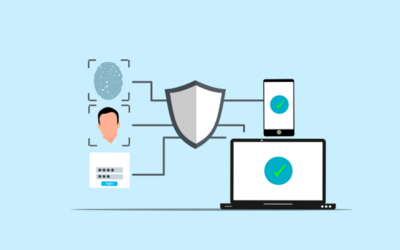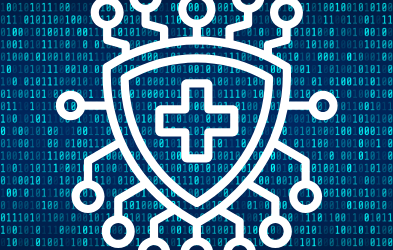 For many Non-profit organizations, volunteers are the backbone of what they do. They are extremely helpful in supporting causes, getting consistent work done, and preparing for and running events. However, the resourcefulness of their role can sometimes make it easy for Non-profits to overlook the security concerns that can arise with volunteers.
For many Non-profit organizations, volunteers are the backbone of what they do. They are extremely helpful in supporting causes, getting consistent work done, and preparing for and running events. However, the resourcefulness of their role can sometimes make it easy for Non-profits to overlook the security concerns that can arise with volunteers.
The Difference Between Full-Time Employees and Volunteers
Firms that have trained full-time employees have a strong level of control over the actions of their workers. They can require security training, and they can consistently remind their staff of the repercussions if they don’t abide by these standards. But with volunteers, their time in the office may be minimal or sporadic. This setup can influence NPO leaders into letting their guard down when it comes to maintaining regular security training. It may prolong the onboarding process, but NPOs should still require security training for their volunteers.
A system of penalties for non-compliance with security measures is equally important. Despite the difference in hours between a volunteer and a full-time employee, NPOs should hold them to the same standards. Unfortunately, this is often the first mistake NPOs make when recruiting volunteers.
The Top 2 Most Common Cybersecurity Threats
When it comes to security risks, the two most common human errors are:
- Falling victim to phishing scams
- Bringing storage devices into the office and introducing them to laptops and other devices
Participants do not need a deep understanding of cybersecurity best practices to volunteer. However, that’s why it is best practice for everyone to go through the same security training, so they understand the protocol for handling NPO equipment and files.
For example, think of the volunteer who creates a brochure for you in their home office, then downloads it to your office PC. This is an excellent opportunity for a virus or malware to break into your infrastructure. Ongoing training and reminders about protecting data and digital infrastructure can ensure NPOs run into fewer cybersecurity incidents.
Important Considerations when it comes to Volunteers
As a part of your training, consider including these points when teaching your volunteers:
- Remind volunteers consistently that they should not bring external storage devices into the office. Especially if they intend to connect it with the NPO’s equipment.
- Provide training on how to recognize phishing scams. Show examples of what a phishing email looks like.
- Inform your volunteers of the risks of opening unfamiliar emails and links.
- For volunteers who work from home, consider using safely shared software platforms like Google Drive or Microsoft 365. Include training on how to use these programs properly.
Key Points
It is common for Non-profit organizations to make the mistake of treating their volunteers differently than their full-time staff. By conducting mandatory training for each set of volunteers, NPOs can maintain consistent security standards. In addition, any violations committed by your volunteers must have consequences. These efforts can help ensure that NPOs remain confident in their ability to protect themselves from any potential security threats.
Are you interested in creating a cybersecurity policy for your Non-profit organization? Our experts at Wahaya IT can help design a training program tailored specifically for your organization’s needs.

































